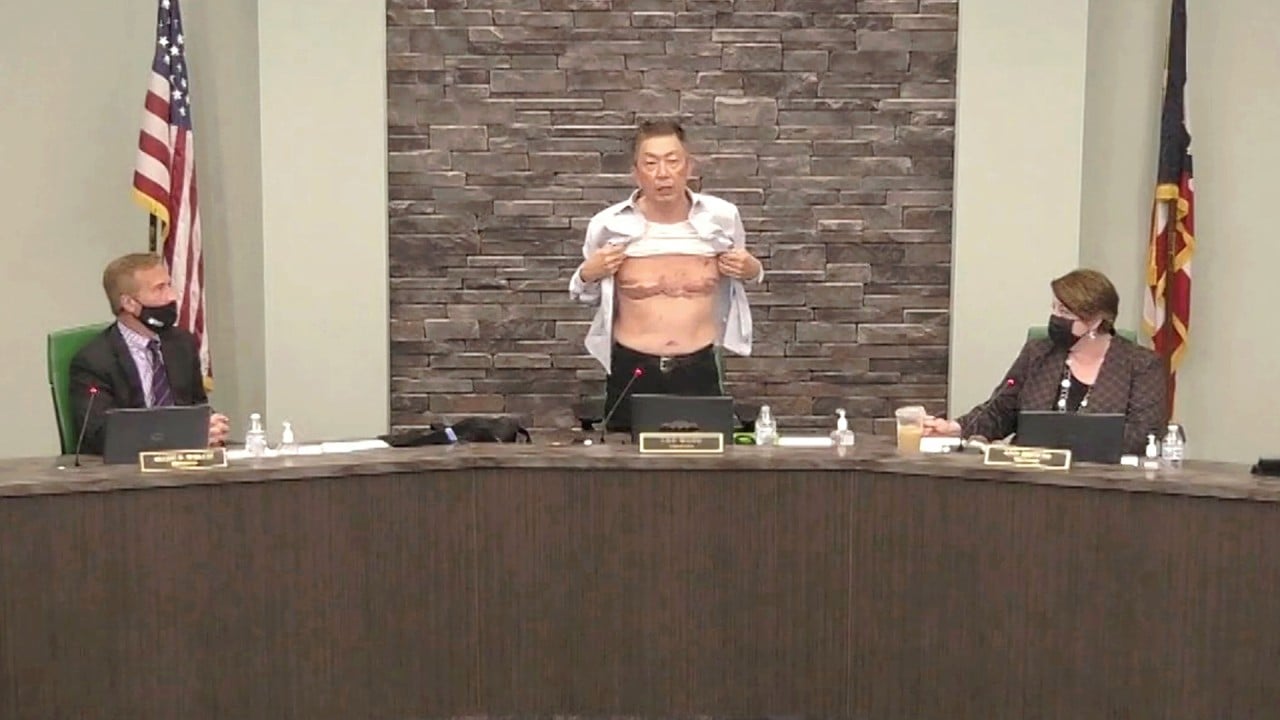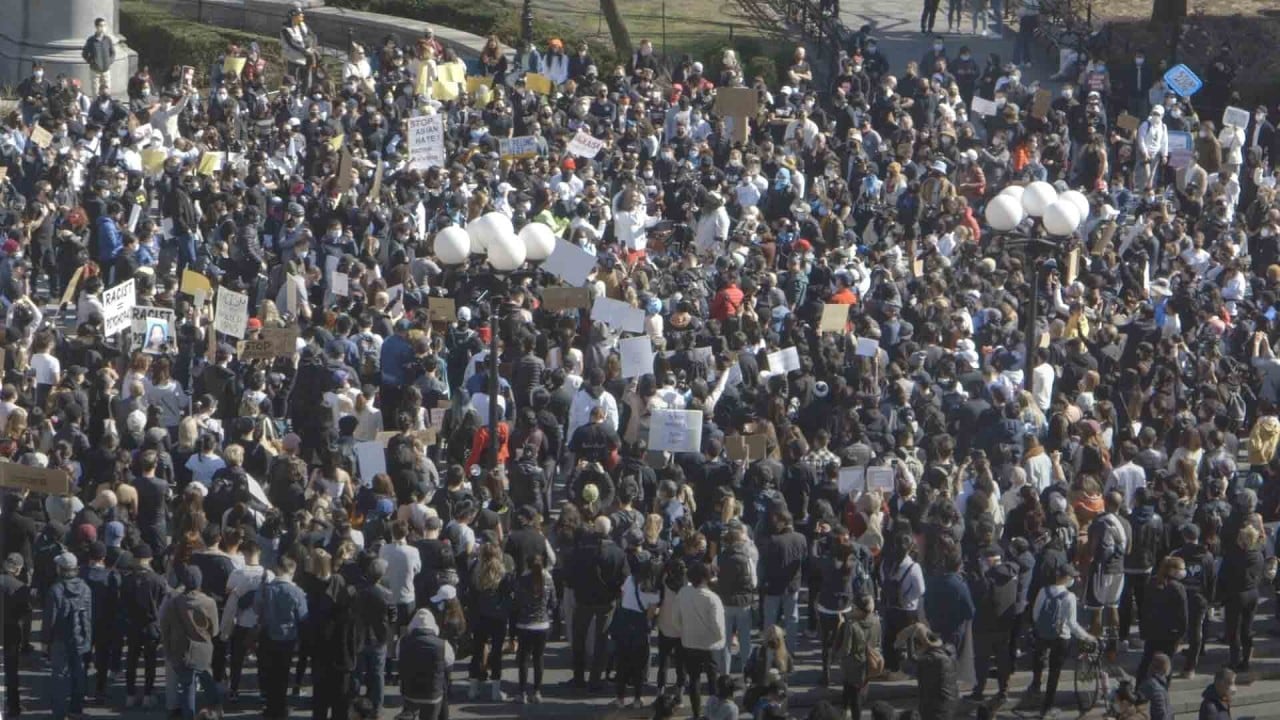
Despite Joe Biden’s actions on hate crimes, Asians in the US see little to celebrate
- The past year has made it abundantly clear how difficult it is for Asians like me to feel they belong in the US, no matter how long they have lived here
- Suggesting anti-Asian violence is connected to the pandemic ignores the reality that such biases and many violent incidents predate Covid-19
Every May since 1992, the United States has observed Asian American and Pacific Islander Heritage Month. When I first arrived in the US in 1949, there was no such commemoration for Asian-Americans, most of whom did not even have full voting and citizenship rights.
I was not aware of the prejudices that tainted the Asian experience in America, and for a while I remained oblivious.
My father, one of Chiang Kai-shek’s most trusted generals, led the first Republic of China military delegation to the US from 1939 to 1941. My brothers accompanied him and attended colleges in California, and one served in the US Army during World War II.
The stories my brothers and father told of their time in the US fuelled my desire to study there myself, and I never questioned whether America would be a welcoming place for Asians.

04:04
‘Is this patriot enough?’: US veteran shows military scars as he addresses anti-Asian violence
It did not matter to this professor that I had been drafted by the US Army – though the war ended before I could serve – or that my brother fought for the US in World War II. All he saw was my Chinese face and assumed I was the enemy.

Despite these actions, I see little for Asians in the US to celebrate. Neither the hate crime bill nor the president’s executive order attempt meaningful steps to address the causes of these attacks or prevent new attacks, and it remains all too easy for people outside the Asian community to ignore these attacks.
The name of the bill Biden signed – the Covid-19 Hate Crimes Act – suggests its scope is only to address hate crimes associated with the coronavirus or that such attacks are connected directly to the pandemic.
This ignores the reality that anti-Asian biases and many of the most egregious incidents of violence targeting the community predate Covid-19. It also suggests that when the pandemic is over, these hate crimes will stop.

03:53
New Yorkers rally against anti-Asian violence in call for solidarity after Atlanta shootings
The past year has made it abundantly clear how difficult it is for Asians like me to feel they belong in the US, no matter how long they have lived here.
The LAAUNCH study found 20 per cent of respondents agreed at least in part that Asian-Americans as a group are “more loyal to their countries of origin than to the United States”, an alarming statistic that shows the attitudes that led to Japanese internment are far from dormant.
I spent more than four decades working for the US government at the State Department’s Foreign Service Institute and the Library of Congress, where I helped inform policymakers and their staff about China.
Yet, the past year has made me again confront the ugly reality that despite my decades of service to this country, many of my fellow Americans do not see Asian faces like mine as belonging here.
Chi Wang, a former head of the Chinese section of the US Library of Congress, is president of the US-China Policy Foundation

